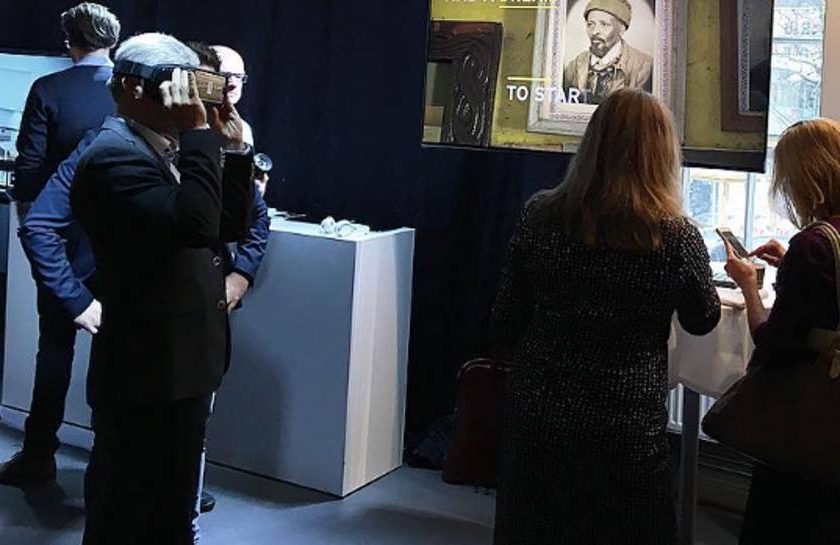In the knowledge management world there have sometimes seemed to be a bit of tension between social media/web 2.0 and KM. It has even been argued that they are each others opposites, that social media and web 2.0 is all about unstructured information sharing and no control, while KM on the other hand is all about structure and control. But is this really true? Are social media and KM opposed to each other? Or do they have the same goal, but just different approaches?
Recently the trend has shifted towards the cooperation and focus on the common ground for social media and KM, which for both is some kind of knowledge sharing, and how they could complement each other instead. See for example the blog post ‘KM and Social Computing Culture Changes’ by Luis Suarez, where traditional Knowledge Management and Social Computing are said to be the same as “they are both trying to help improve the overall productivity of knowledge workers.” Mary Abraham also discuss this trend in her blog post ‘Talk Amongst Yourself’, where she predicts success in KM by combining enterprise 2.0 tools into the mix of KM methods and systems, if the 2.0 tools are implemented in a good way. “This marriage of formal, old-school KM approaches with informal Enterprise 2.0 tools and methods provides a glimpse of a more effective means of improving the flow of information and supporting better decision making. Assuming we can achieve an appropriate balance between the formal and informal approaches, we may in fact be able to attain some of the goals knowledge management has been seeking to meet. ”
David Gurteen has also already in 2007 made a keynote talk entitled “KM2.0: KM goes Social” where he identified that “a new view is emerging of KM 2.0 that maps many of the principals of Web 2.0 and Enterprise 2.0 onto KM. But the key word in all of this is the word social. Another label for KM 2.0 might be “Social KM”. It is an emerging social model of KM. To my mind it is a very powerful model as it clearly places responsibility for knowledge sharing and making knowledge productive in the hands of the individual. So if the central question asked by managers in the KM 1.0 world was “How do we make people share?” the question of the KM 2.0 era is “How do we better share, learn and work together?” KM is becoming social.” Read David Gurteens paper, slides and see an audio interview on KM goes social here.
These trends, where social media is regarded more as a tool for knowledge sharing and KM, are also closely linked with the new ways of defining KM, as for example Dave Snowden’s new KM definition. When defining KM this way, with a focus on the combination of technology with the business processes, lead by the best talents within the firm, it ought to be easier to find the common ground between KM and social media and have them complement each other instead of being antagonists. Why not try to use the collaborative thinking in social media and web 2.0 for KM purposes, as a basis for cultural change towards the creation of a truly knowledge sharing organisation?

